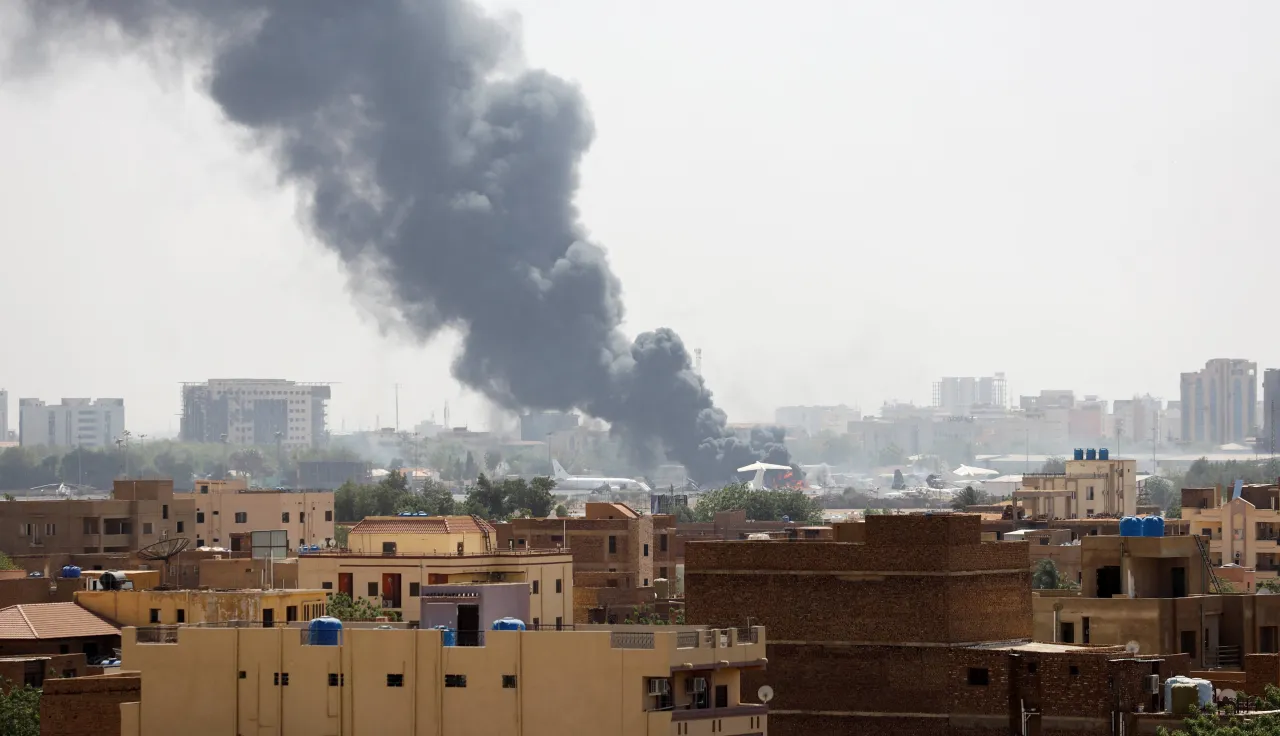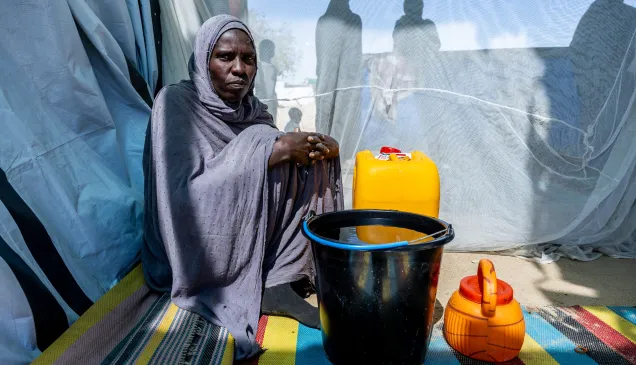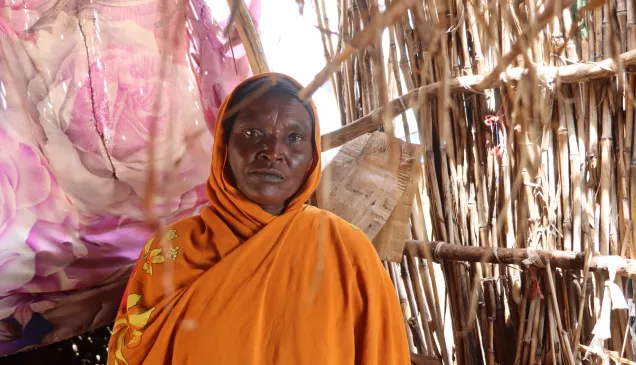Fierce clashes continued overnight in the capital Khartoum with reports of rising numbers of civilian casualties. Hospitals in the capital are running dangerously low on medical supplies, while damage to the water and energy infrastructure has also left medical facilities without power and clean water.
Parts of Darfur have also seen a breakdown in law and order in recent days. An ICRC office in Nyala has been looted with one vehicle taken.
Patrick Youssef, Africa regional director for the ICRC, said: “It is highly distressing hearing reports of civilian casualties and bodies left lying in the streets of Khartoum. They need to be collected and treated with dignity. We are calling for unimpeded humanitarian access immediately.”
“Our urgent priority is to get medical assistance to hospitals and try to make repairs to their water and power lines so they can treat the wounded. But without the necessary security guarantees required to move around safely, we are still unable to deliver aid and to fully assess the humanitarian needs.
“The last few days have been terrifying for civilians caught in the crossfire. We again call on the parties to respect their obligations under international humanitarian law. Civilians and civilian infrastructure must be protected at all costs.”
Since fighting erupted over the weekend, the ICRC has received many distressed calls from people and organizations seeking evacuation as well as from people left trapped in their homes or public places without food and water.
Volunteers from the Sudanese Red Crescent Society have been able to provide some first aid in clinics and hospitals in the capital but need medical supplies. The ICRC has been able to supply weapon wounded kits to hospitals in Al Fasher and Zalingei in Darfur.
“My biggest fear is that the healthcare system collapses, and the consequences will be catastrophic,” said Osama Abubakr Osman, Communication and Dissemination Director of the Sudanese Red Crescent Society. “Healthcare workers cannot reach hospitals, and hospitals are trying to attend to their patients without electricity, water, running critically short on the essential supplies. Our volunteers are supporting medical workers but the working conditions are extremely difficult.”
Youssef added: “We have to remember that this latest spike in violence comes on top of years of fighting, instability and economic turmoil that has left millions of Sudanese unable to meet their basic needs.
“This week’s violence will undoubtedly make what was already a complex humanitarian emergency much worse.”
Notes to editors:
The ICRC has been present in Sudan since 1978 helping people affected by the conflict in Darfur, Blue Nile and South Kordofan. The ICRC's work today, independently or in cooperation the Sudanese Red Crescent Society, includes supporting hospitals and health facilities with equipment and supplies, working with local water authorities on improving people's access to clean water and supporting the authorities in providing rehabilitation services for people with disabilities.




